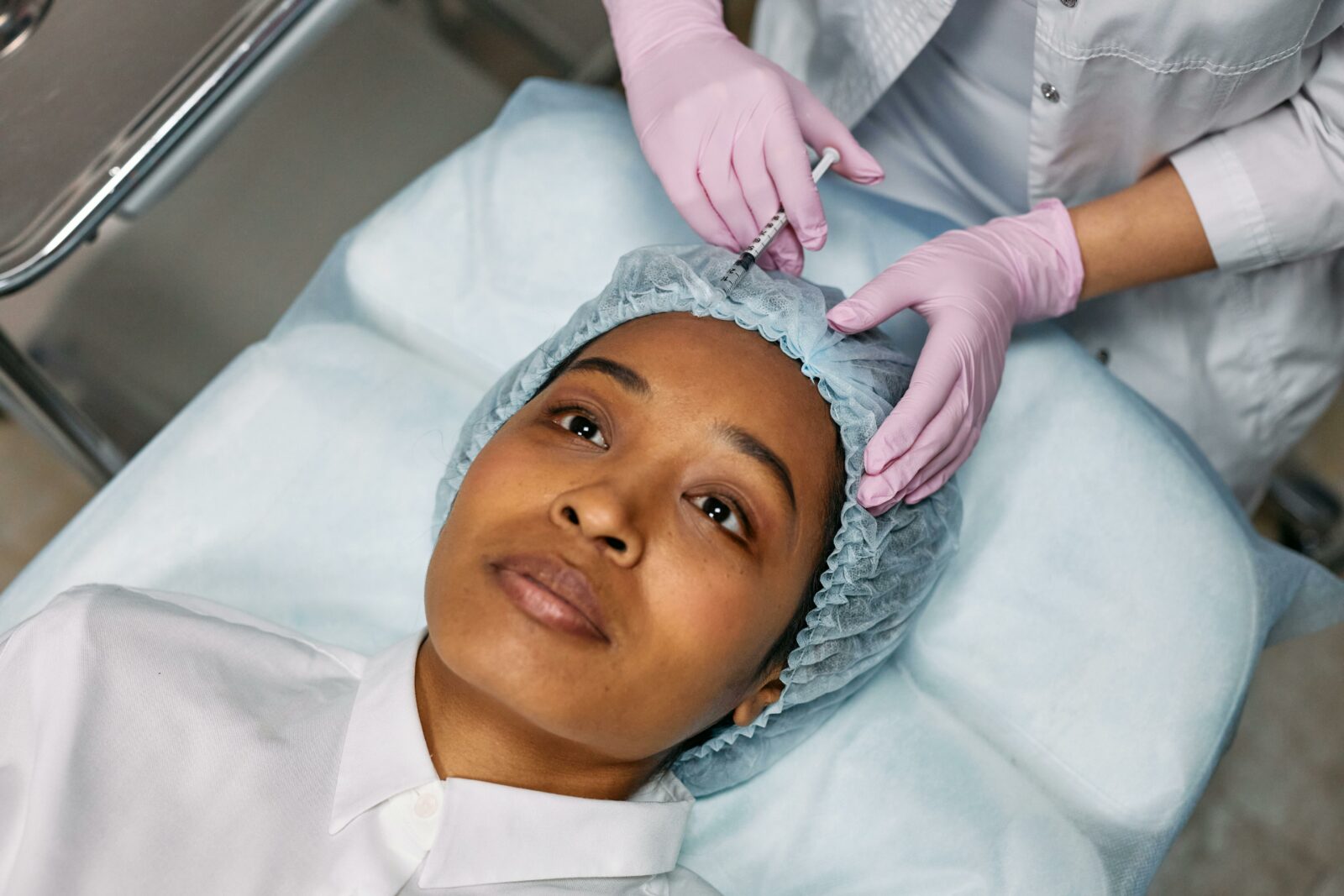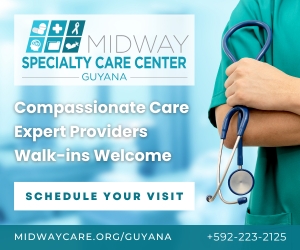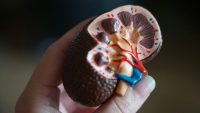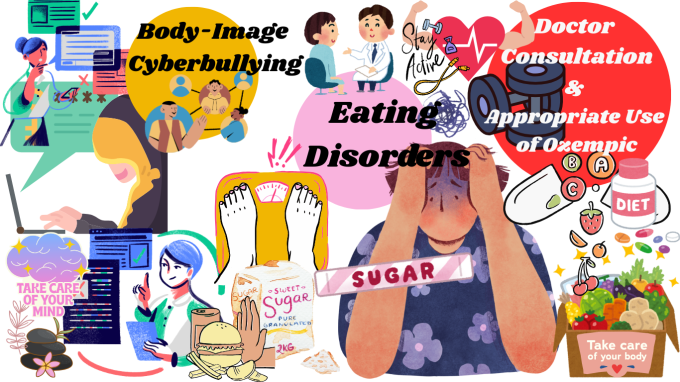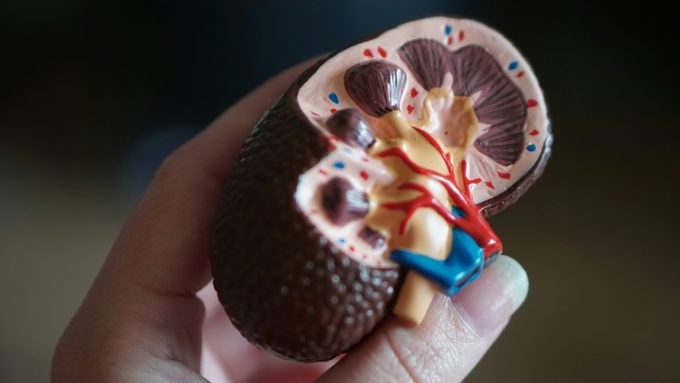Cosmetic enhancement procedures have surged in popularity globally, driven largely by technological advancements, increased societal acceptance, and a heightened emphasis on self improvement and psychological wellbeing. Though often subject to critical scrutiny, contemporary research consistently highlights numerous positive psychological, emotional, and social outcomes resulting from aesthetic interventions. This article explores these benefits extensively, focusing specifically on improved body image, enhanced self-esteem, psychological empowerment, and recovery from physical trauma. Additionally, it considers the ethical implications of such
procedures and the role of medical practitioners in ensuring responsible care.
One significant benefit of cosmetic enhancement is its profound positive impact on an individual’s body image. Body image, defined as the subjective perception of one’s physical appearance, significantly influences psychological and emotional health. Empirical research repeatedly demonstrates substantial improvements in body image following procedures like breast augmentation, rhinoplasty, abdominoplasty, and liposuction. Patients typically report increased satisfaction with their physical appearance, often alleviating longstanding insecurities or perceived physical flaws. For example, individuals undergoing rhinoplasty frequently report relief from social anxiety caused by dissatisfaction with nasal appearance, leading to improved social interactions and emotional well-being. Moreover, such procedures can be particularly transformative for individuals who have experienced bullying or social exclusion due to perceived physical imperfections, offering a renewed sense of self-worth and belonging.
Improved body image often directly correlates with enhanced self-esteem and confidence. Cosmetic interventions frequently empower individuals by fostering greater comfort and confidence in personal, social, and professional contexts. Enhanced self-esteem can facilitate positive mental health outcomes, mitigating anxiety, depression, and social withdrawal typically linked to negative body perceptions. Research indicates that patients who undergo aesthetic procedures often experience improved interpersonal relationships, professional confidence, and overall life satisfaction due to heightened self-esteem. For instance, breast augmentation patients commonly report increased confidence in social settings, positively influencing their personal and professional relationships. Additionally, studies have noted that individuals who feel more attractive may be perceived more positively by others, leading to a feedback loop of increased social engagement and emotional fulfilment.
Another crucial positive aspect is the psychological empowerment and sense of autonomy associated with choosing cosmetic enhancement. The decision to undergo cosmetic procedures symbolizes personal agency and self-determination, emphasizing individual control over one’s physical appearance and psychological well-being. This empowerment is particularly relevant in societies increasingly advocating for individual rights and personal expression. Engaging proactively in aesthetic decisions allows individuals to regain or reinforce their sense of bodily autonomy and self-direction, significantly enhancing their psychological well-being and emotional resilience. Especially for women, who may experience societal pressures around beauty and aging, the ability to make informed, autonomous decisions about their bodies can be a form of resistance against restrictive beauty norms, reframing cosmetic surgery as a tool for liberation rather than conformity.
Moreover, cosmetic enhancements can substantially benefit individuals recovering from trauma, medical conditions, or accidents resulting in physical disfigurements or abnormalities. Reconstructive and aesthetic procedures help restore individuals’ physical identity and emotional balance, thus alleviating associated psychological distress. For example, individuals undergoing reconstructive surgeries after traumatic accidents or cancer treatments frequently report restored self-image and reduced stigma. Procedures like scar revision, breast reconstruction postmastectomy, or corrective surgeries following severe injuries significantly improve quality of life, aiding emotional healing and facilitating social reintegration. These interventions can also help children born with congenital deformities, such as cleft lips or craniofacial anomalies, to develop healthier self-images and face fewer social challenges.
The positive outcomes of cosmetic enhancements are, however, contingent upon several critical factors, including realistic expectations, comprehensive preoperative counselling, and thorough psychological screening. Proper patient education ensures individuals understand potential outcomes and limitations, reducing the risk of postoperative dissatisfaction. Healthcare providers play a pivotal role in assessing patients’ motivations, psychological readiness, and mental health status before recommending surgical or nonsurgical interventions. When healthcare professionals meticulously assess and counsel patients, individuals typically undergo procedures with clear, healthy motivations, significantly increasing the likelihood of sustained psychological benefits. Ethical practice demands transparency, informed consent, and a multidisciplinary approach when appropriate, integrating mental health professionals into the care pathway.
The broader societal perspective also contributes positively to the normalization and acceptance of cosmetic enhancements. Reduced stigma surrounding cosmetic procedures has allowed open conversations regarding mental health and self-improvement, fostering a more accepting societal attitude towards physical self-care and aesthetic choices. The normalization of cosmetic enhancements can further diminish the social and psychological pressures associated with physical appearance, promoting broader acceptance of diverse beauty standards and encouraging individuals to seek self-improvement freely and confidently. In digital spaces, influencers and public figures who share their cosmetic journeys can help destigmatize these procedures, although this trend must be approached cautiously to avoid idealizing unattainable beauty standards.
In conclusion, cosmetic enhancements offer notable potential for positively impacting body image, self-esteem, psychological empowerment, and overall quality of life. By acknowledging and supporting these positive outcomes, alongside rigorous ethical standards and patient care practices, society can foster healthier attitudes toward cosmetic procedures. Ultimately, these interventions can significantly contribute to individuals achieving enhanced self-perception, emotional stability, and a fulfilling, empowered life. As the popularity of cosmetic enhancements continues to grow, further research and ethical practice guidelines are essential to optimize the psychological and
social benefits of these procedures, ensuring sustainable improvements in individuals’ body image and overall mental health. Future discourse should remain balanced, recognizing both the transformative potential and the complexities inherent in aesthetic medicine.

